The Department of Natural Resources and Environment of Kon Tum province has just sent a report to the provincial National Assembly delegation on difficulties and inadequacies in state management of the mineral sector in the area.
According to the Department of Natural Resources and Environment (TN&MT) of Kon Tum province, the implementation of policies and laws in the management and licensing of mineral exploration and exploitation for common construction materials in the area in recent years has encountered many difficulties and inadequacies.
Firstly, regarding the procedures for granting mineral operation licenses. Clause 1, Article 64 of the 2010 Mineral Law stipulates that minerals used as common construction materials include: sand, gravel, clay for making bricks, tiles and stones (there are no regulations on land for filling).
Meanwhile, according to the guiding documents under the law, “land” is considered a mineral used as a common construction material, and must be managed according to the mineral law. Therefore, many difficulties and problems arise, causing delays in investment and construction progress.
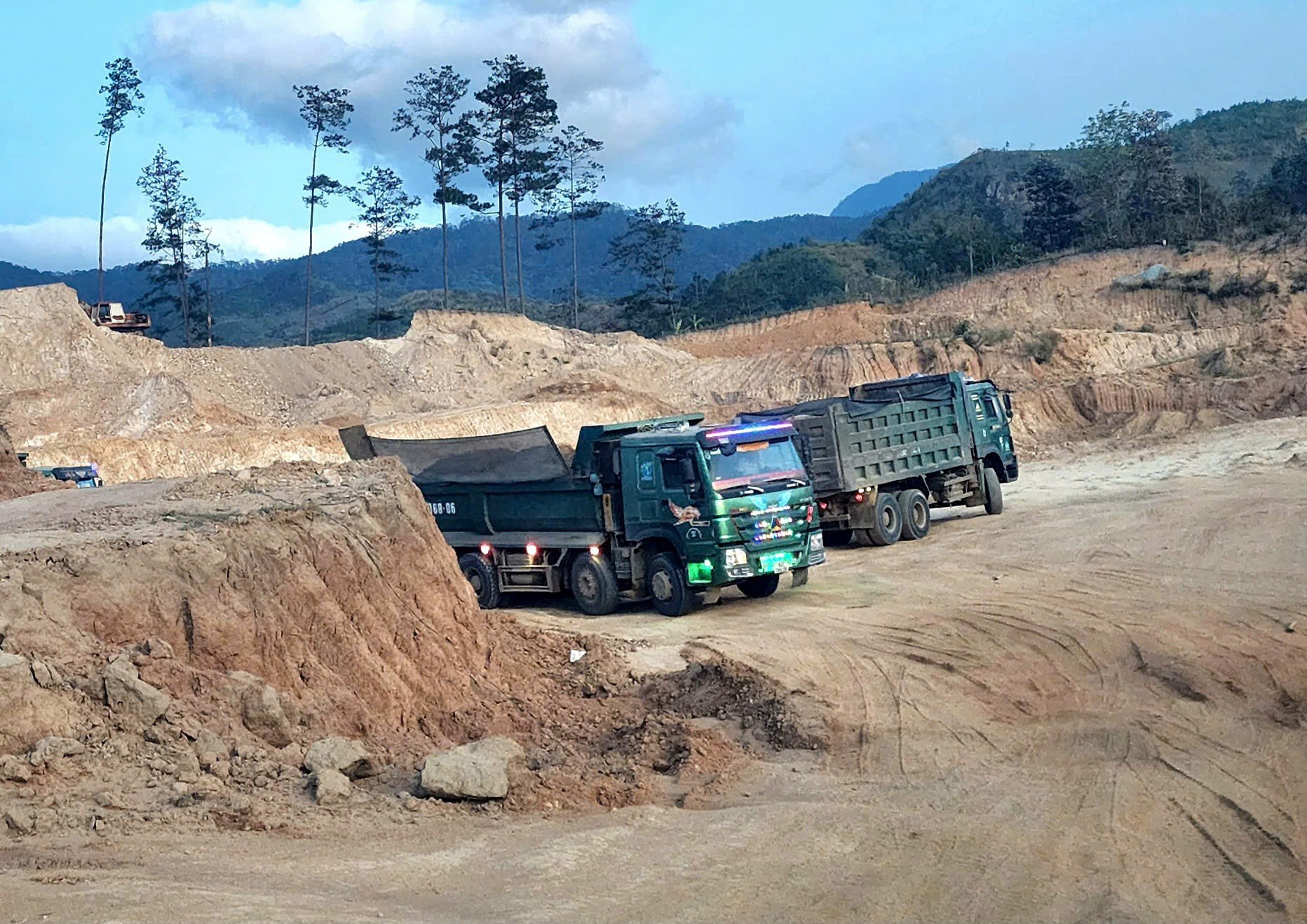
In fact, most public and non-public investment projects, during the site preparation process, involve excavation and filling of soil from areas with excess to areas with shortage, and excess soil is gathered at landfills. These activities are considered as exploitation and use of minerals for land filling, so they entail a series of legal procedures and related financial obligations that must be carried out, causing congestion and prolongation. Many investors and construction units do not understand this regulation, leading to violations of the law.
Second, for cases licensed before July 1, 2011. Point d, Clause 1, Article 55 of the 2010 Law on Minerals stipulates: "have the right to request an extension", while Clause 1, Article 84 stipulates: "implement until the end of the term specified in the license".
According to the Department of Natural Resources and Environment of Kon Tum province, the lack of synchronization and consistency between the above provisions has caused many difficulties and frustrations for organizations and individuals exploiting minerals. Many mining projects were suspended when the mineral exploitation license expired while the mine had not yet exploited all its reserves but had paid the mineral exploitation right fee. When these projects stopped operating, they caused serious economic damage, affected the jobs and lives of workers, and wasted social resources.
Third, regarding the licensing of sand and gravel mining in riverbeds. Kon Tum province has mainly steep hills and mountains, small rivers and streams with strong currents, leading to the accumulation and sedimentation of sand and gravel with large seasonal fluctuations in reserves (flood season, dry season). However, the provisions of the 2010 Mineral Law do not have a direction to resolve the management and licensing of the sedimented riverbed sand and gravel resources. If not exploited, it will cause waste of resources.
Fourth, the management of leveled, excavated and filled soil during construction and investment project implementation. In fact, many projects have steep slopes and need to be leveled and leveled. However, there are currently many different opinions on whether this volume of soil is a mineral or not. If it is determined to be a mineral, it is necessary to complete procedures to issue a license, or register to be confirmed by the competent authority, allowing mineral exploitation within the scope of the project. This leads to the emergence of many procedural processes, causing difficulties for small-scale projects with small and insignificant mineral volumes.
The Department of Natural Resources and Environment of Kon Tum province proposed that the Ministry of Natural Resources and Environment advise the Government to amend and supplement regulations on procedures for granting mineral licenses; amend and supplement regulations guiding the management and licensing of sedimented riverbed sand and gravel resources; amend and supplement regulations clearly defining which cases are determined to be minerals in the process of leveling, digging, and filling during construction and implementation of investment projects, so that localities have a basis for implementation.
The Department of Natural Resources and Environment of Kon Tum province also proposed that the provincial National Assembly Delegation propose that the National Assembly issue a Resolution in the direction that mineral exploitation licenses granted before or after the effective date of the 2010 Mineral Law have the same rights and are allowed to be extended when the conditions are met, in order to create fairness in mineral activities.
Tran Hoan
Source: https://vietnamnet.vn/kon-tum-xin-ho-tro-go-vuong-quan-ly-khoang-san-2346578.html


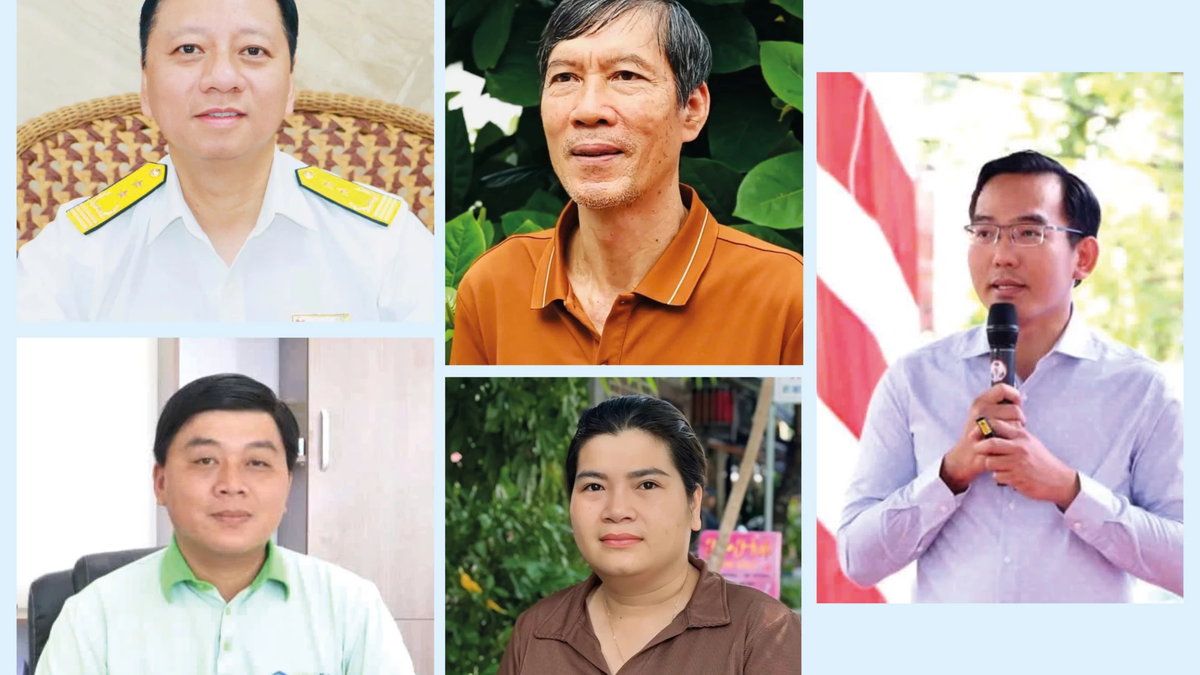
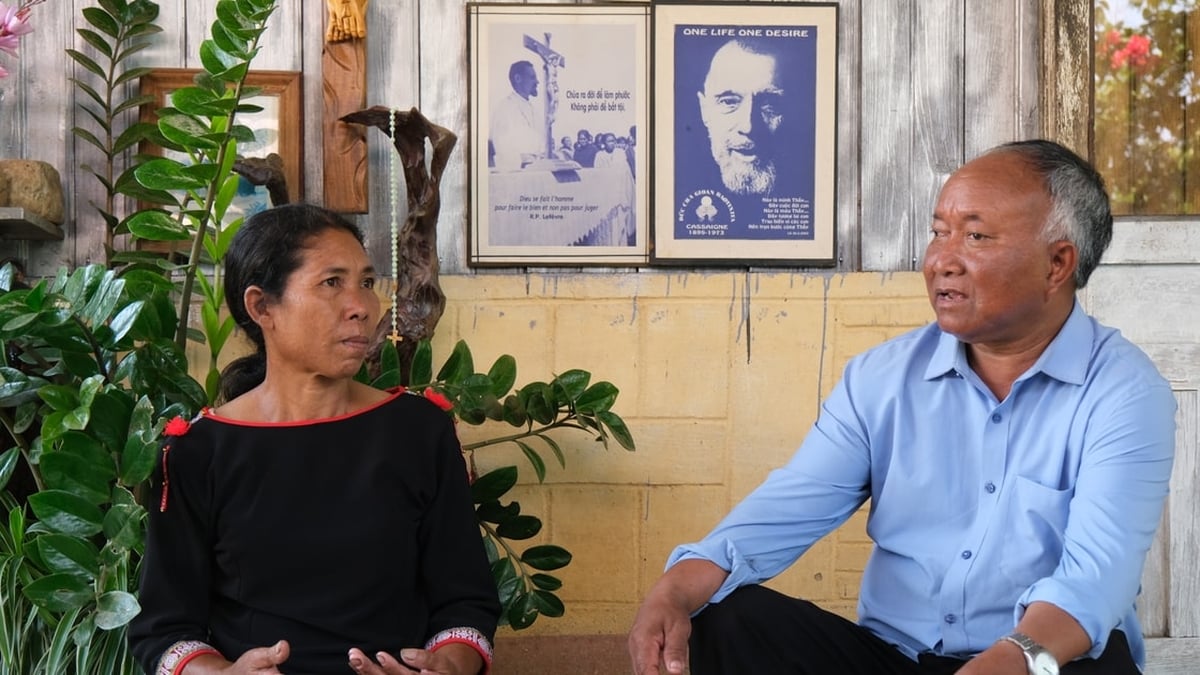
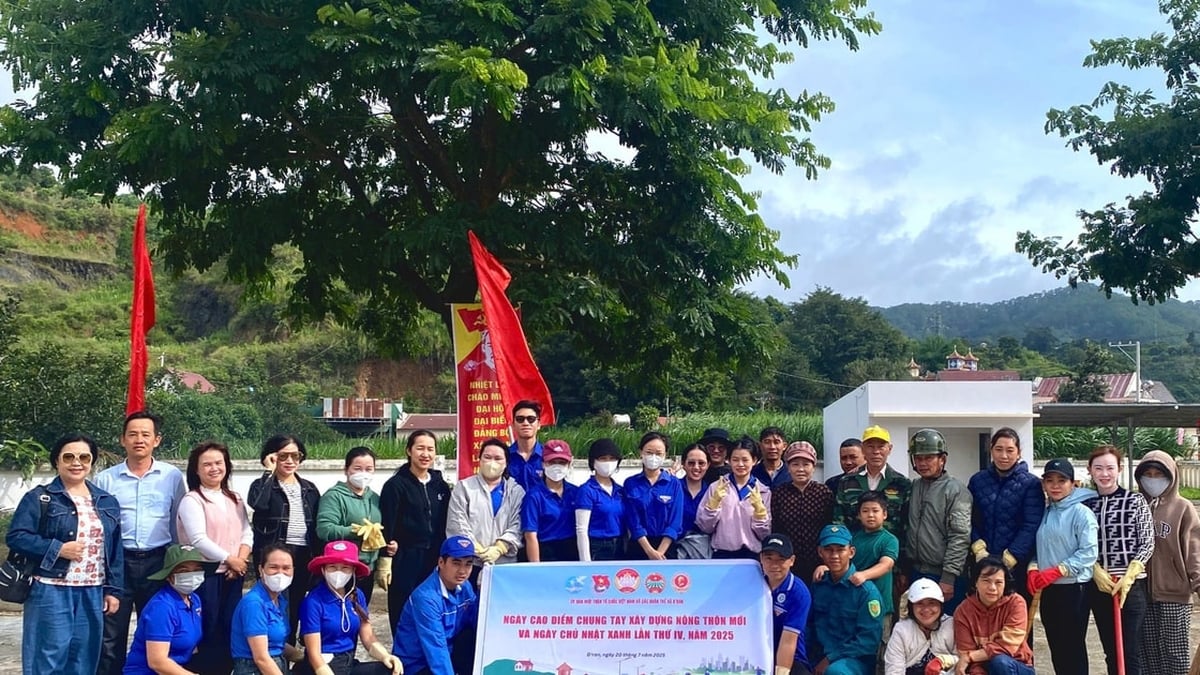
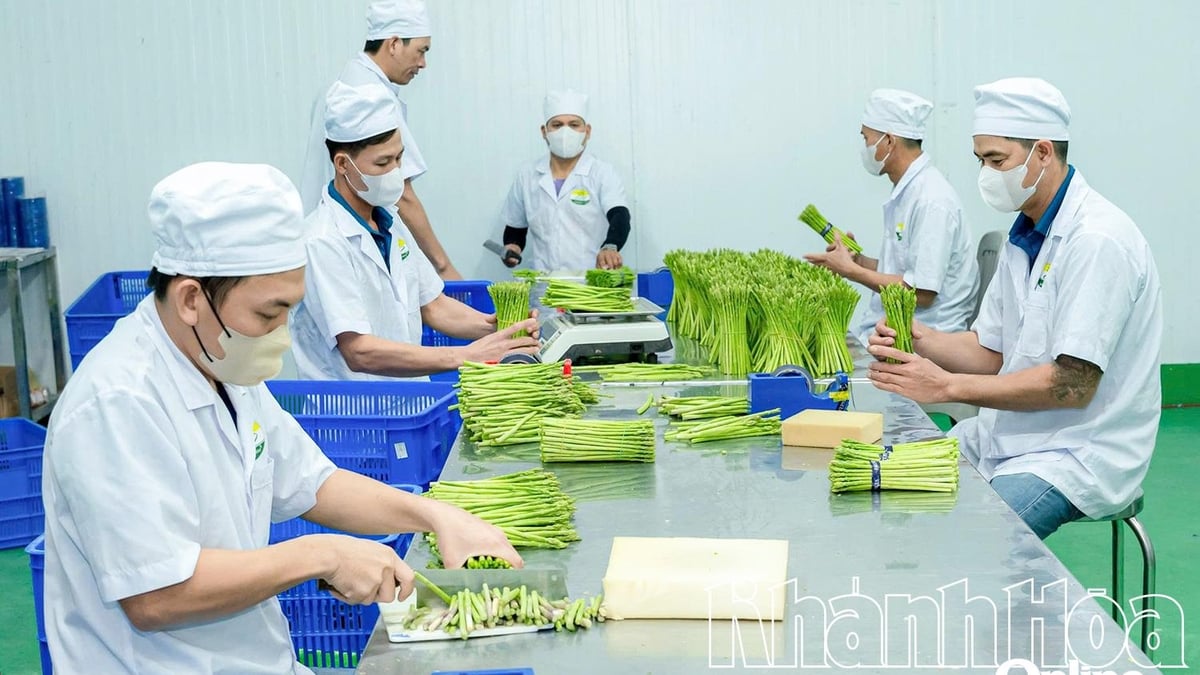




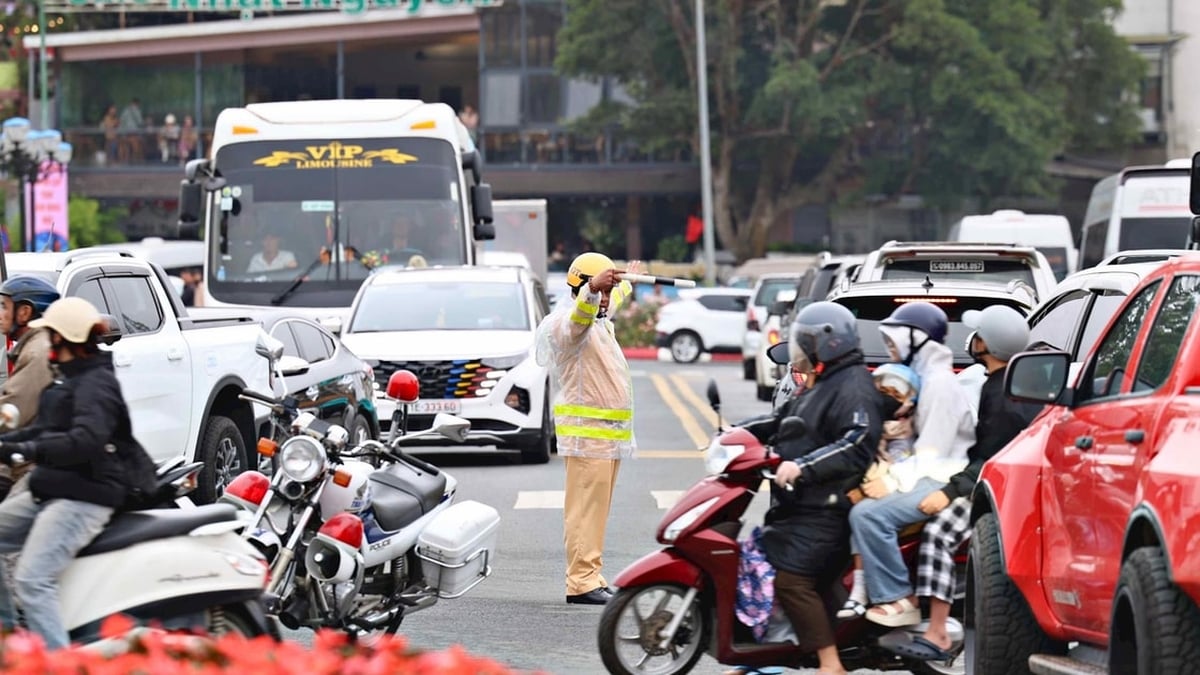
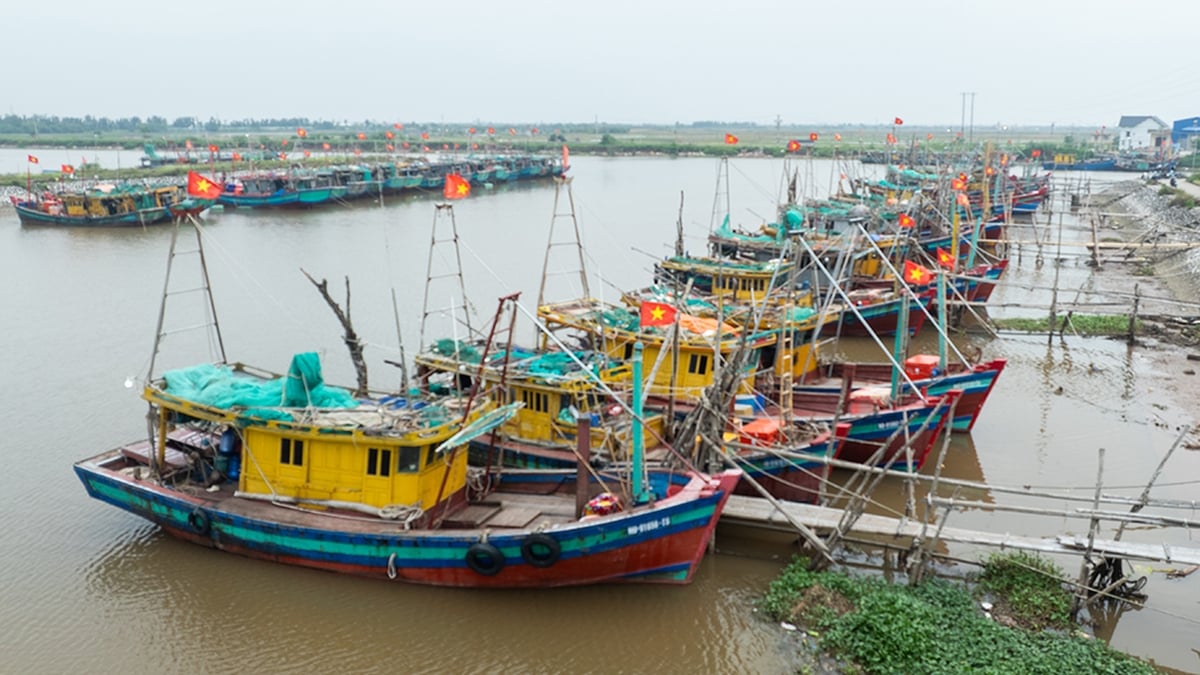

















![[Photo] National Assembly Chairman Tran Thanh Man visits Vietnamese Heroic Mother Ta Thi Tran](https://vphoto.vietnam.vn/thumb/1200x675/vietnam/resource/IMAGE/2025/7/20/765c0bd057dd44ad83ab89fe0255b783)



































































Comment (0)